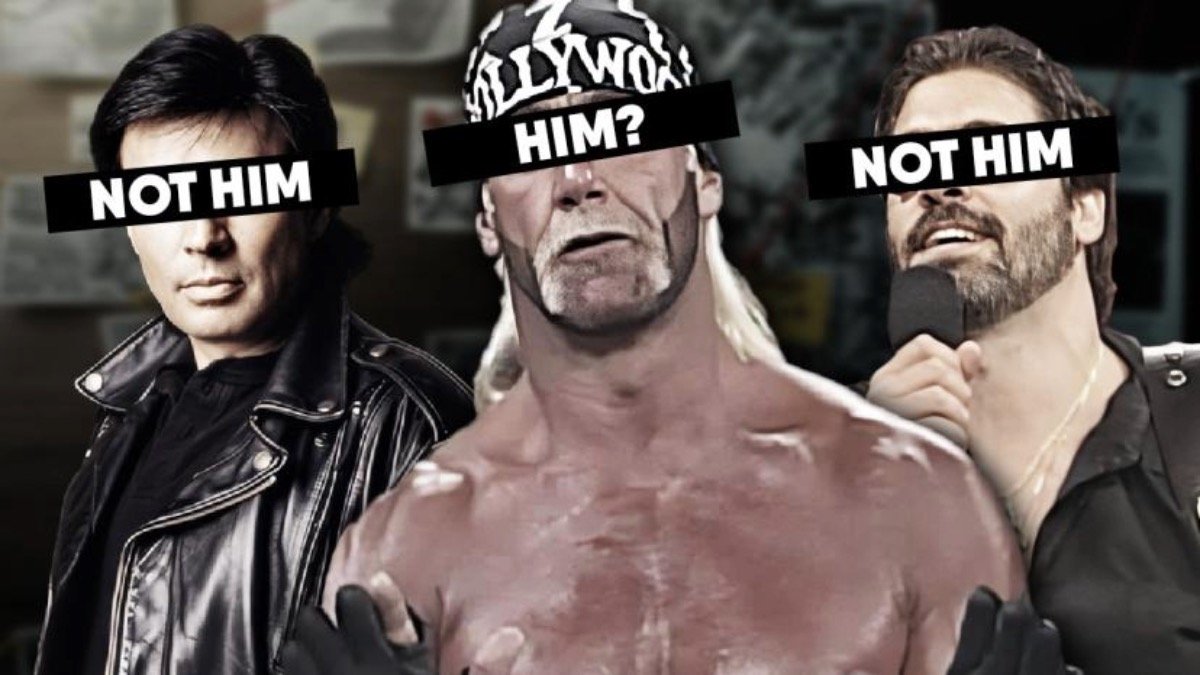 WWE
WWE
It’s a question as old as time itself. Well, at least since March of 2001, anyway. Who killed WCW?
WCW closed its doors on March 26th, 2001, after being purchased by its fiercest rival, the World Wrestling Federation.
Just a couple of years earlier, WCW had been beating the WWF in viewership, attendance, merchandise and just about every metric; but a sharp drop in show quality and a lack of fan interest led to an irreversible decline.
WWF had planned on relaunching WCW as a separate brand – which would have taken over Raw, while WWF would take over SmackDown – but they struggled to find a new television home for this once massive wrestling powerhouse. It was just… a dead brand. For the last two decades, everyone has had their say in who really killed WCW.
Was it Hulk Hogan and his creative control? Was it Eric Bischoff and his lack of adaptability? Was it Vince Russo and his terrible booking choices that drove viewers away? Or was it… someone else?
In order to figure that out, we need to take it right back to the beginning and go through until the end.
SUSPECT 1: TED TURNER
Grab your shag carpet and join me as I fire up the flux capacitor and gun this video to 88mph and take us back to the Battle of Atlanta in the early 1970s.
Ray Gunkel was a prominent figure in professional wrestling, both as a wrestler and a promoter in the Atlanta area. After his death in 1972, a power struggle emerged between the NWA-backed Mid South Sports and Gunkel’s widow, Ann.
Despite the fact that she had inherited her husband’s shares, the NWA attempted to push Ann out of the Atlanta territory and she retaliated by starting a promotion of her own – the All-South Wrestling Alliance.
To everyone’s surprise, Ann proved to be quite a formidable foe. She persuaded 25 of the NWA’s wrestlers to join her and was even able to get local promoters in six Georgia cities to work for her and not the NWA. Then, she made a deal with Ted Turner to broadcast her show on his television channel alongside the NWA programming.
Though Turner was on friendly terms with Ann Gunkel, he chose to stay largely out of the territory dispute, taking a “may the best man or woman win” approach.
It certainly didn’t hurt that his previously struggling WTCG channel was making a lot of money from this wrestling war, opening his eyes to just how profitable professional wrestling could be and how valuable it was to television ratings.
Fast forward a couple of years, and in 1984, Vince McMahon bought Georgia Championship Wrestling as part of his broader strategy to expand his WWF from a regional promotion to a national powerhouse.
Click the next page button below for more
Trending
- WWE Star Removed From Roster
- WWE PG Era ‘Officially Over’, Update On Future Plans
- WWE Star Reacts To ‘Injured’ Tony Khan’s NFL Draft Appearance
- WWE Star Votes Against WrestleMania Taking Place In London
- Real-Life WWE Couple Announces Pregnancy
- WWE Star Announces Birth Of Fifth Child
- AEW Star Injured During Match On Dynamite
- The Rock Thanks Three WWE Stars For Their ‘Effort, Ideas & Hard Work’
- WWE Star ‘Can’t Retire’ Until Match With AJ Lee
- Released WWE Star’s Gimmick Made Him Fear Getting Fired

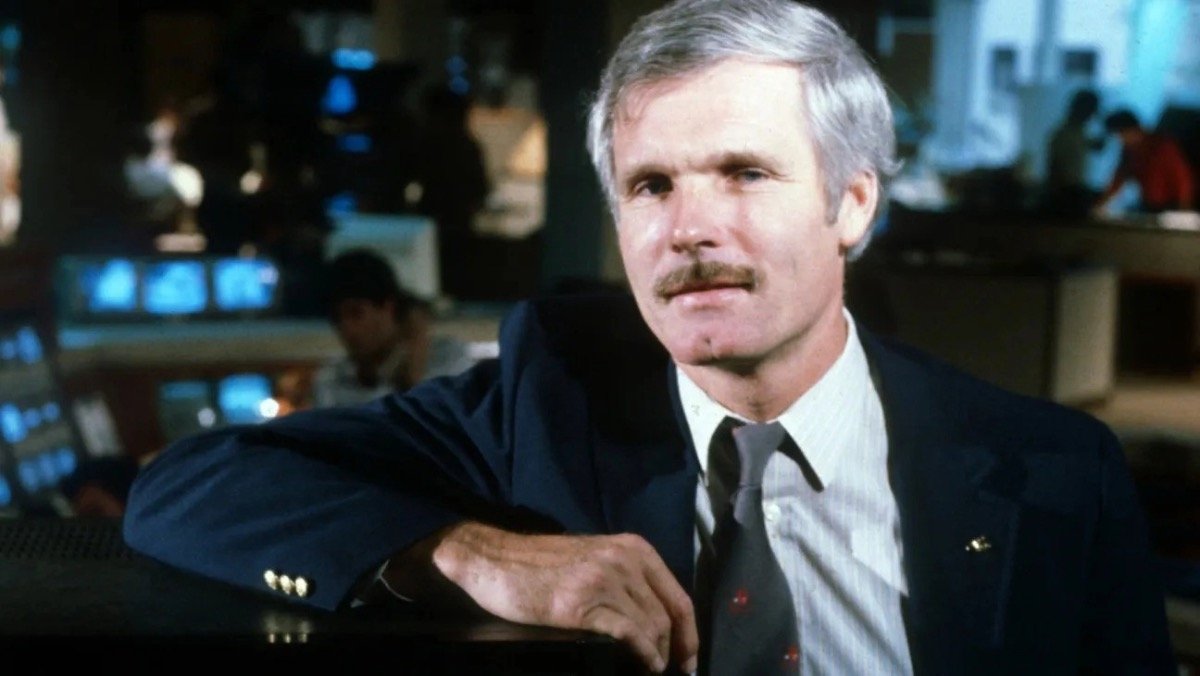
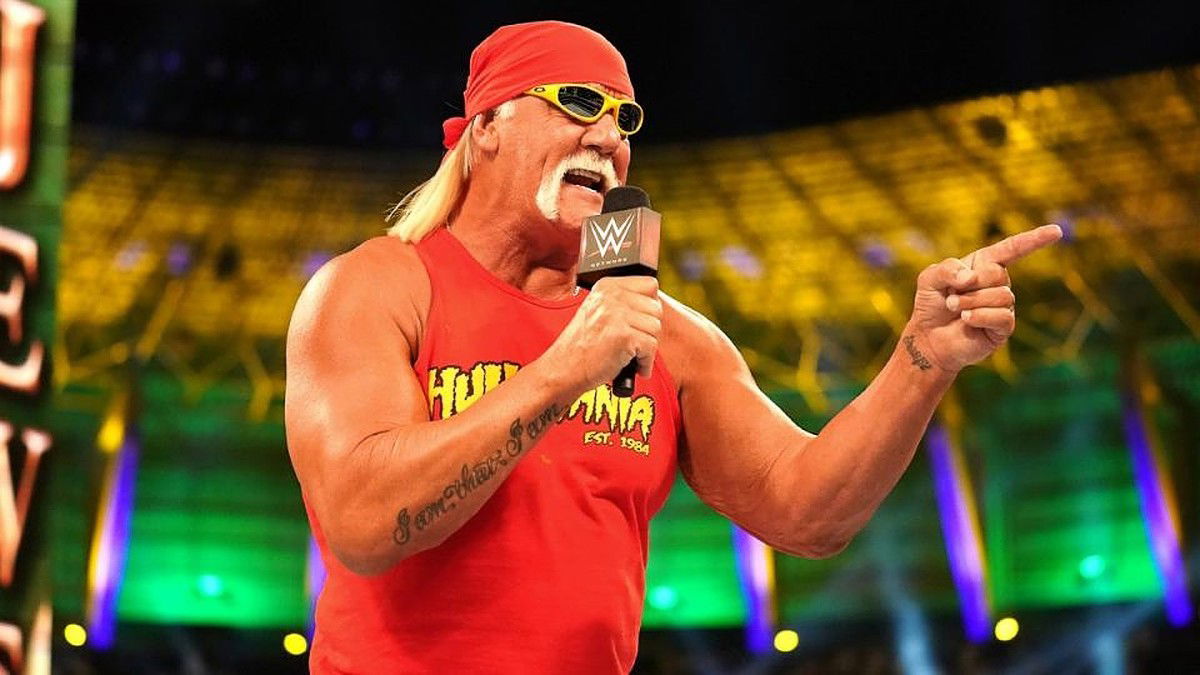
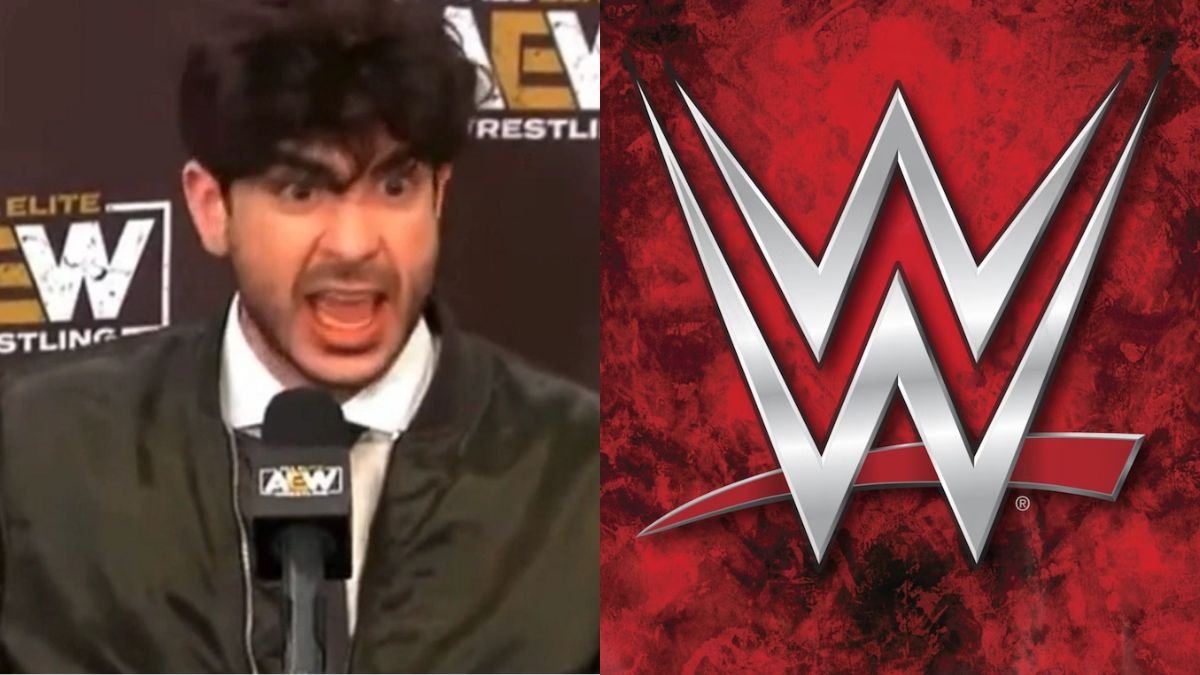
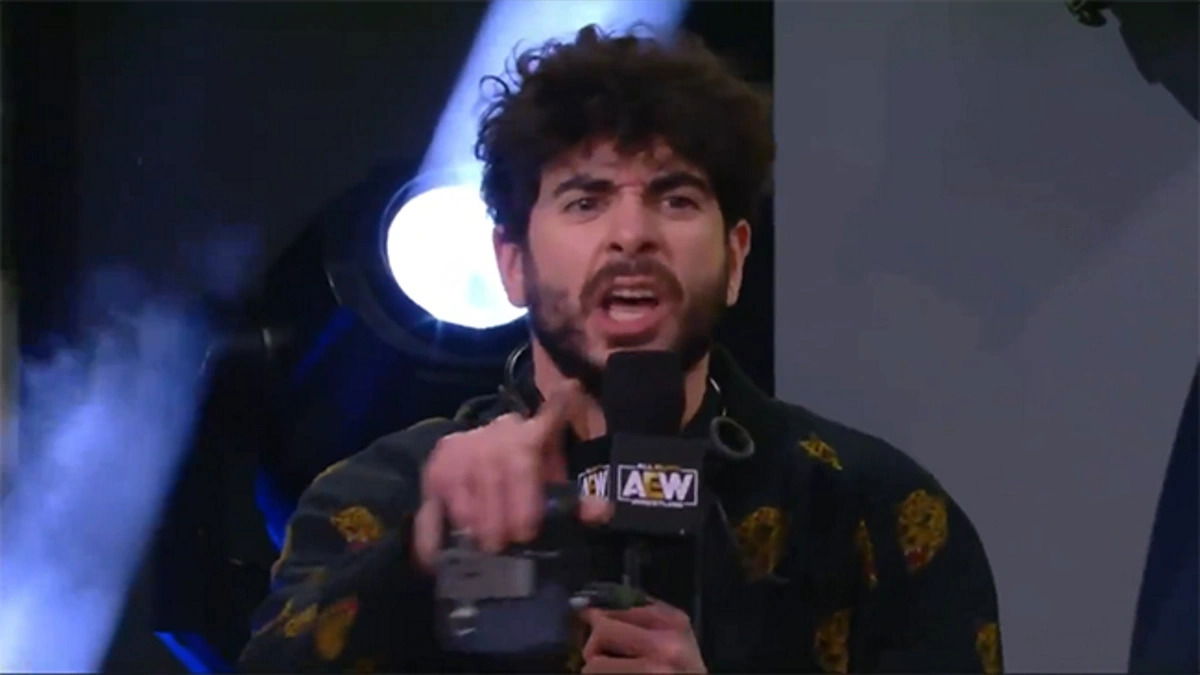
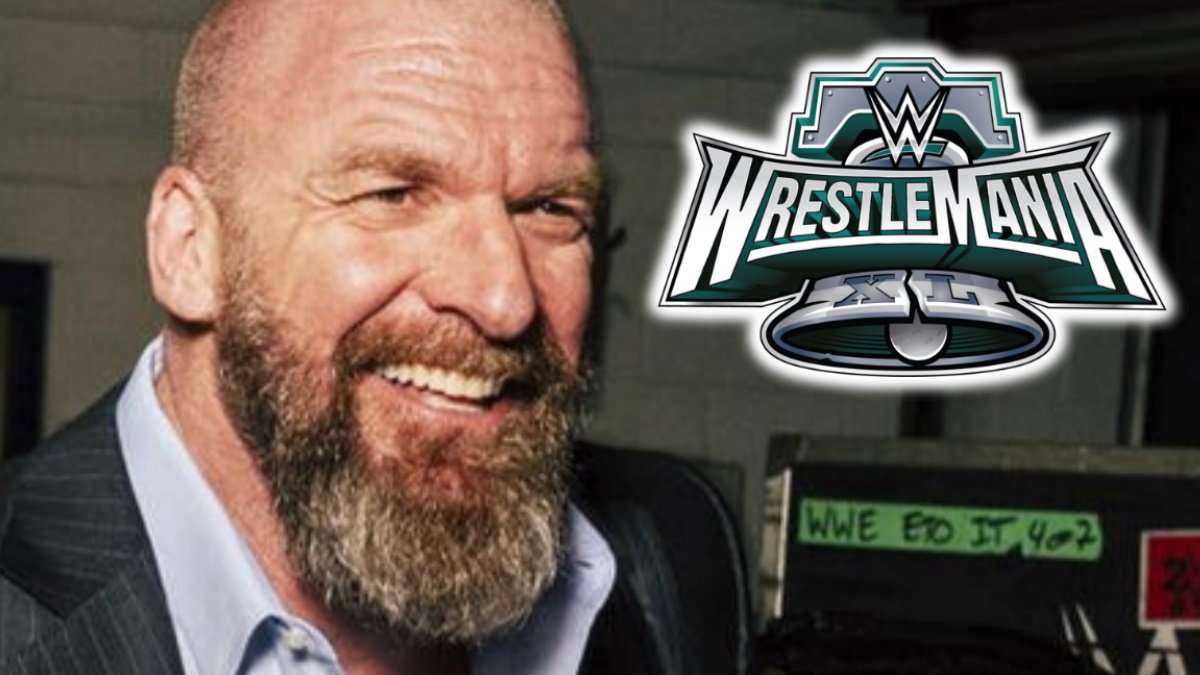
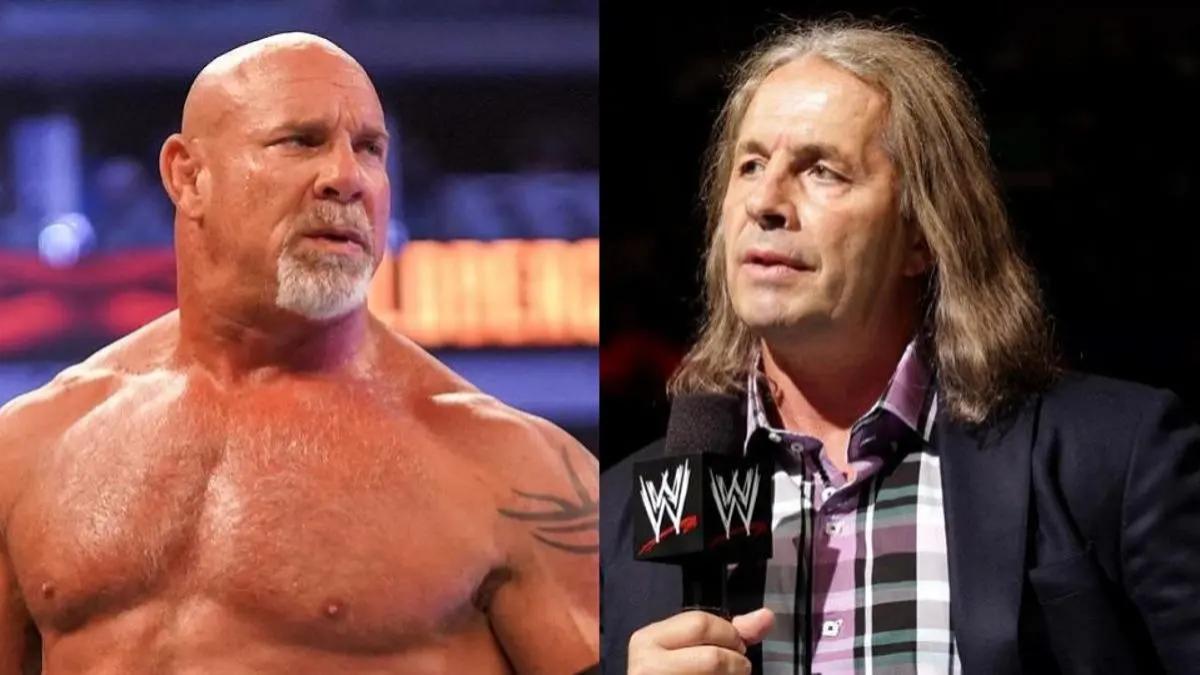
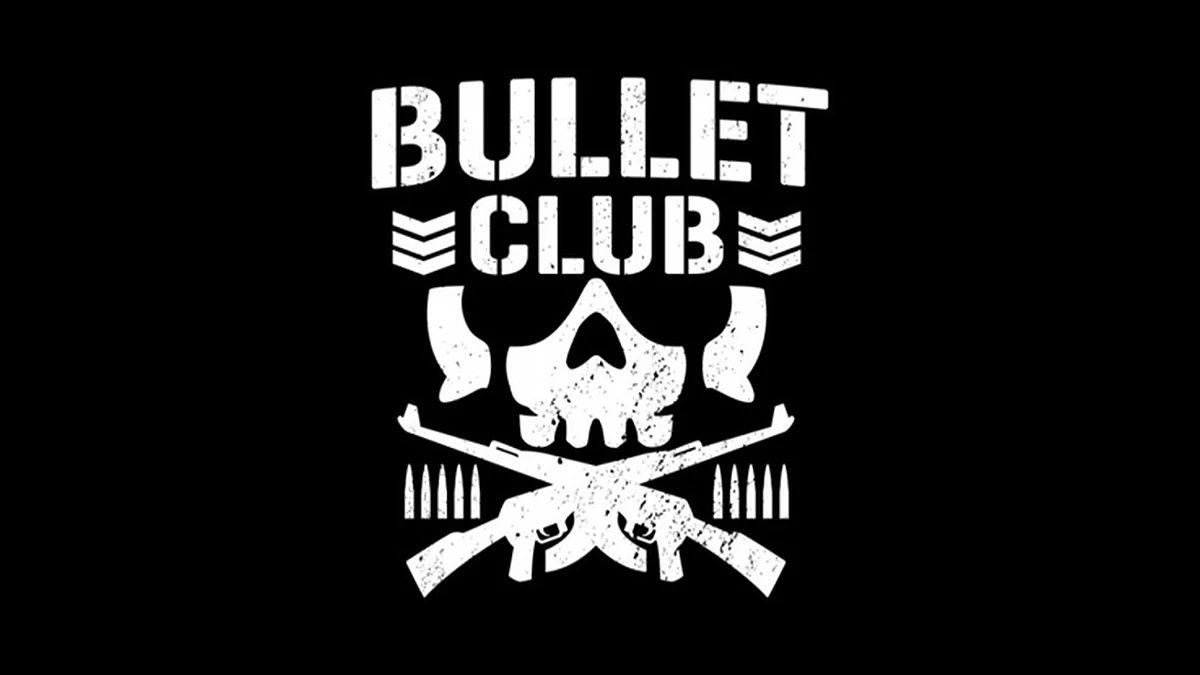
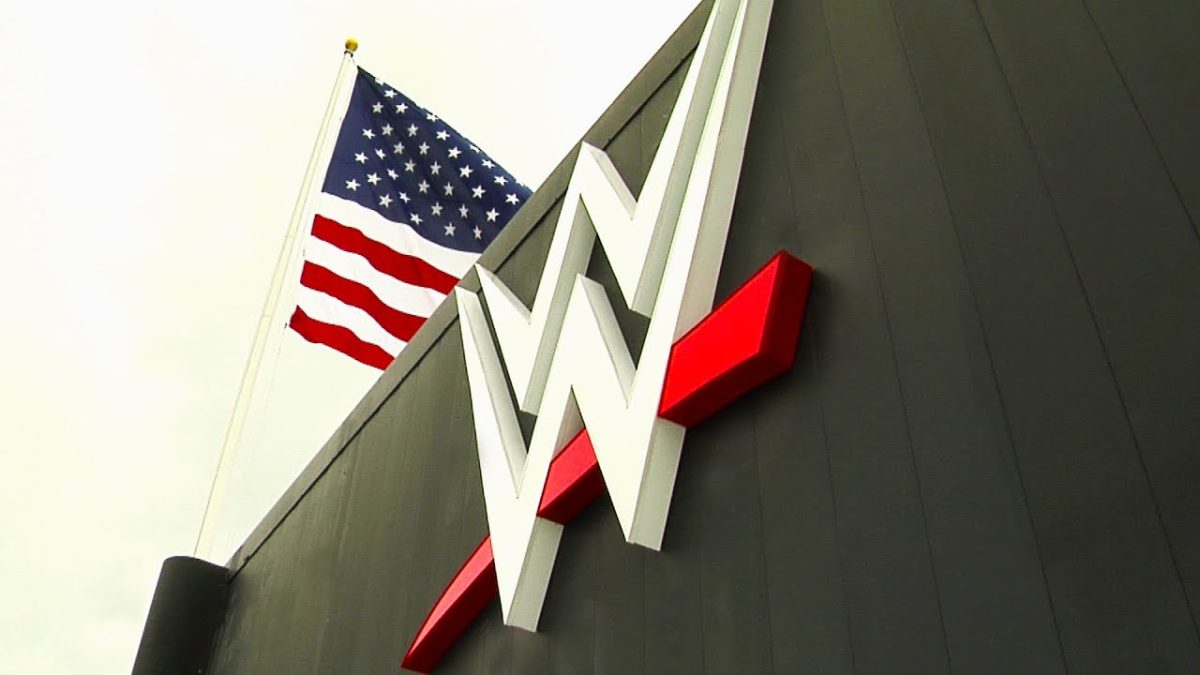
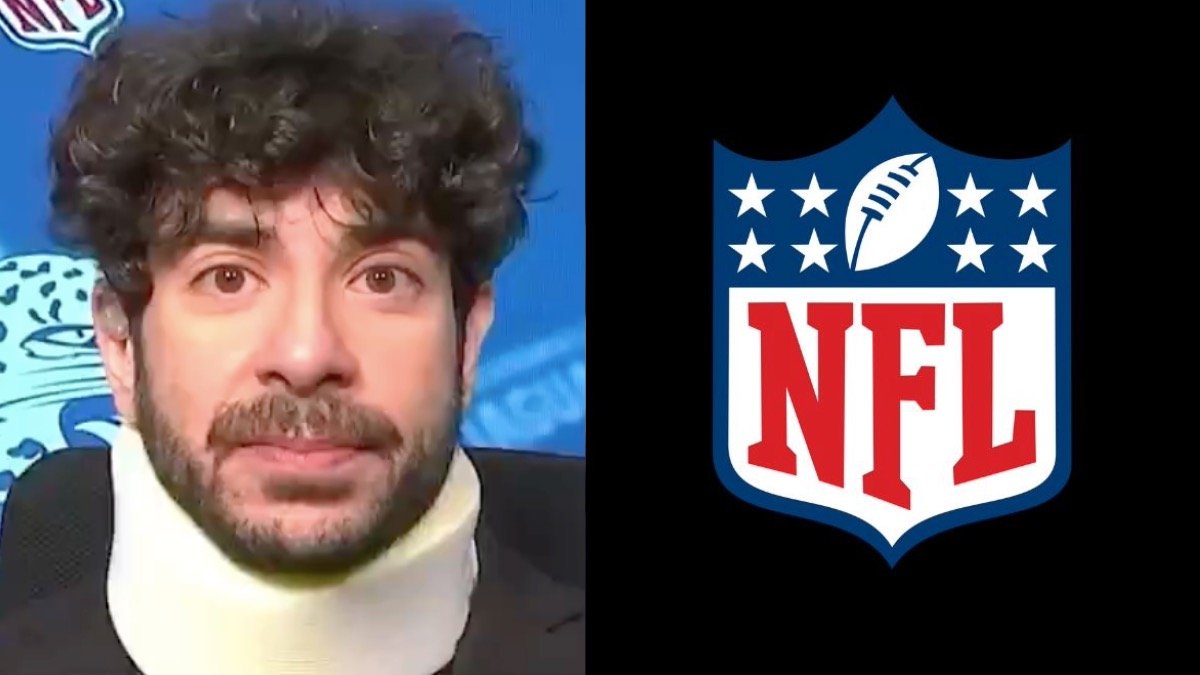
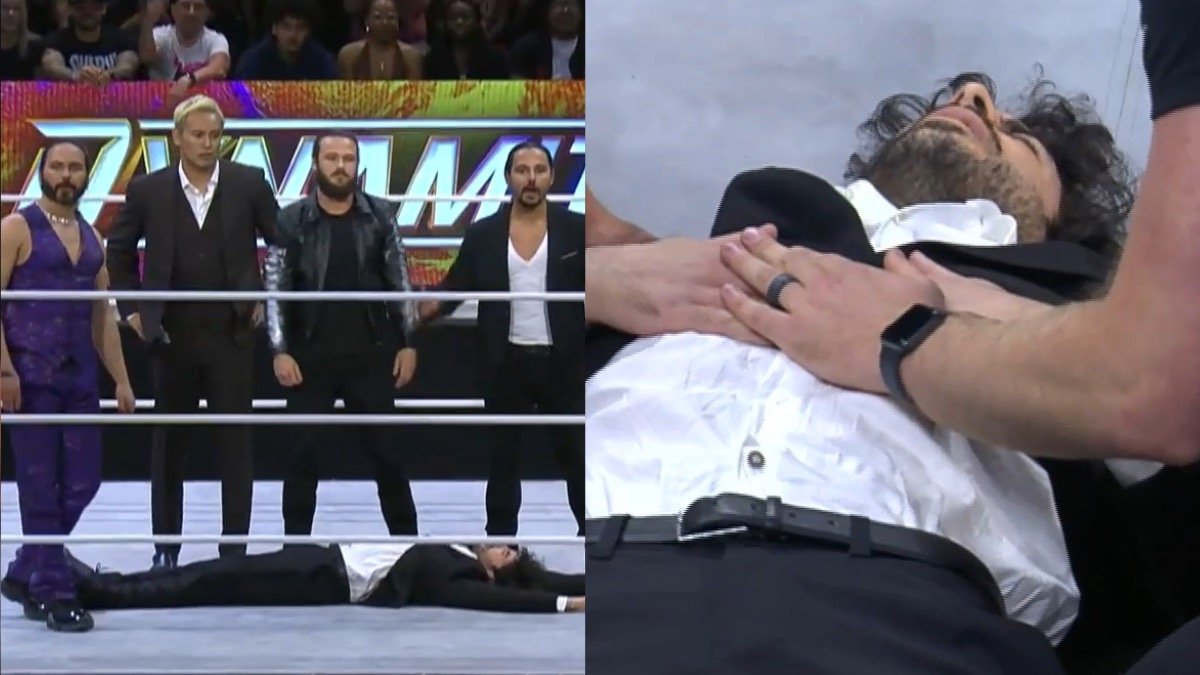
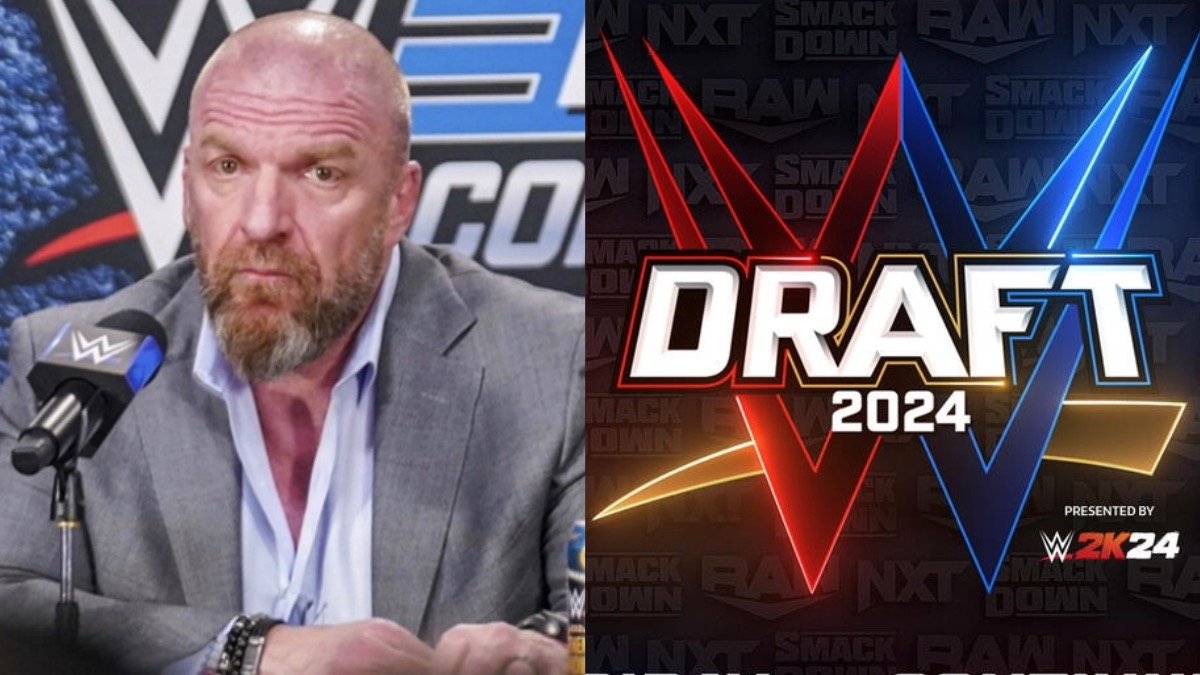
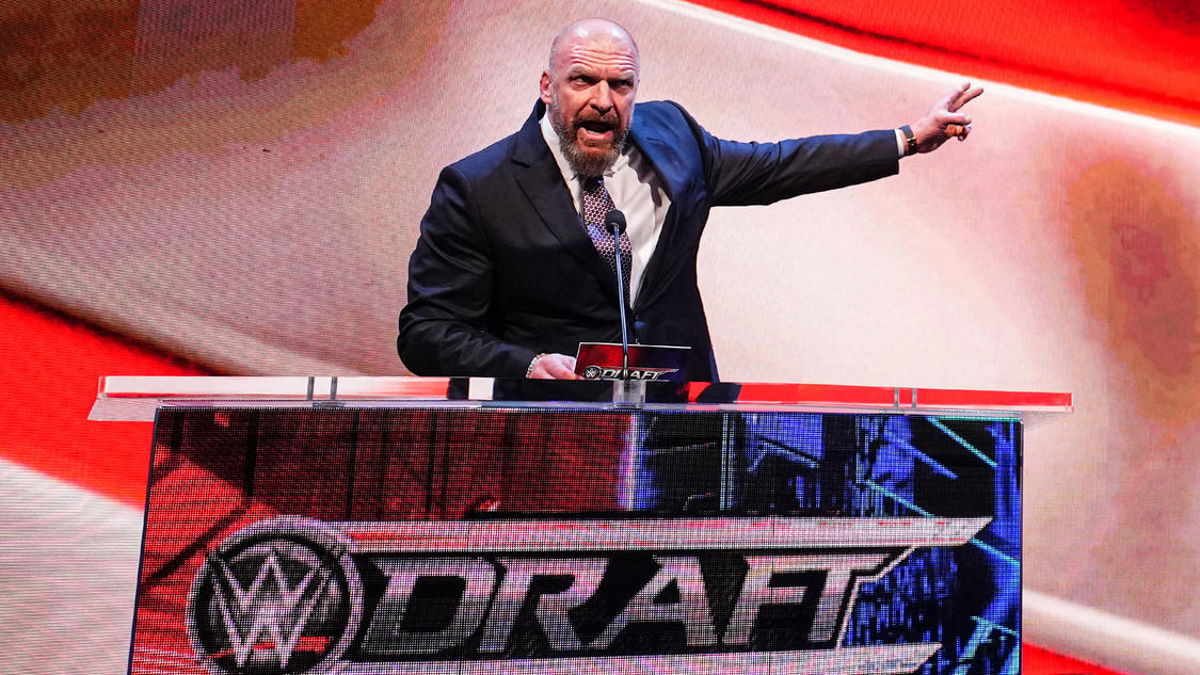
 mailing list
mailing list